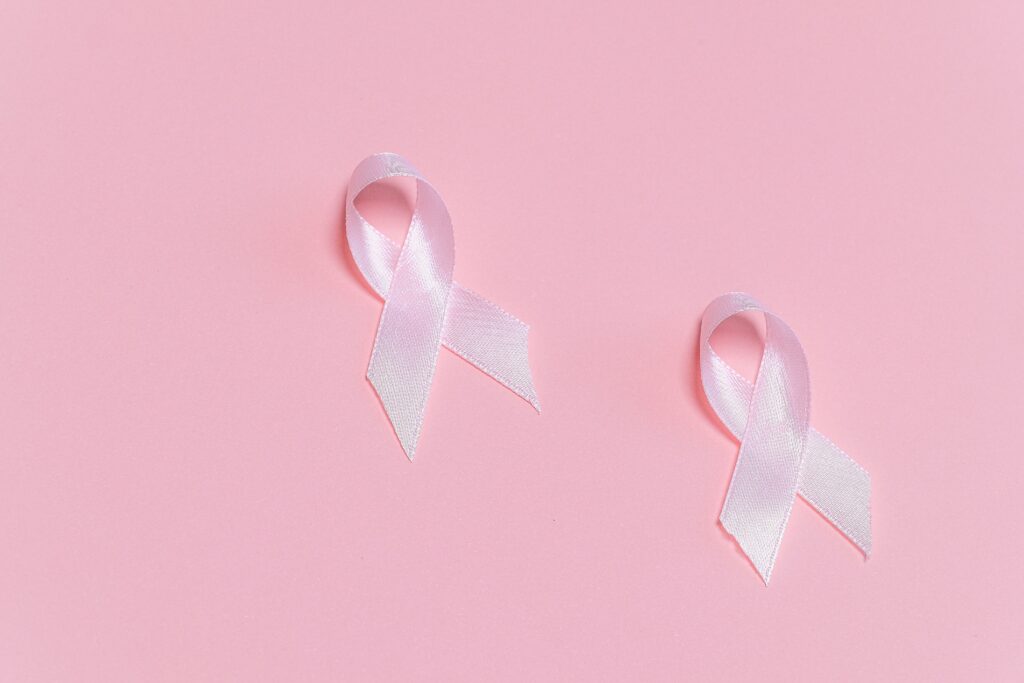Cancer has been deemed a worldwide health concern and has likely accrued a significant amount of attention in the form of dollars over the last couple of decades. According to the Global Oncology Trend Report, an estimated 167 billion dollars is spent annually researching this very disease.1 Treatment for cancer varies depending on where it is localized and how far it is spread. However, any abnormal uncontrolled cell growth (which is what cancer is) has one thing in common. Most of the energy that drives the proliferation of cancer comes from glucose or simple sugar. Glucose is the most simplified version of sugar and is “first line of defense” when it comes to powering a cell.2 If my biochemistry class has taught me anything, glucose provides a whopping 30-32 adenosine triphosphate (ATP) molecules after it goes through its full metabolic cycle. However, cancer cells are not interested in sustaining normal energetic activity of the cell. Their goal is to simply grow and divide into an oblivion. Therefore, they will skip as much of the normal cellular energetic process and take the shortest cuts along the way. A cancer cell works by the anaerobic respiration in the same way a powerlifter lifts. The process is short, sweet, and to the point. As opposed to 32 ATP molecules, cancer cells will utilize glucose to produce 2 ATP molecules in a process known as glycolysis. When there is not enough oxygen to go around, cancer simply does not fuss over that. They continue to divide and invade when possible.
So, what if we cut off their glucose supply? Cancer researchers have toyed with the idea of shortening cancer cell’s continuous glucose supply by simply having their subjects curb the carbs.3 The foundation of the popularized ketogenic diet has served that purpose. This diet has previously been studied for its ability to reduce seizures in patients who suffer from intractable epilepsy. Fast-forward to today and you might know somebody who is following a ketogenic diet for the purpose of losing weight. This high-fat, low-carbohydrate diet is specifically designed to mimic the effects of fasting and force the body to turn to their fat reserves for energy. Usually occurring in the liver, this process formally known as ketogenesis leads to the synthesis of two key ketone bodies, acetoacetate (ACA) and B-hydroxybutyrate (BOHB). This pathway is not only active during fasting, but exercise as well. Prior to ketogenesis, a series of other reactions occur to allow for the sustained production of these vital ketone bodies. After a patient follows a ketogenic diet for a period of two to four days, triglycerides located outside of the liver will start break down into fatty acids and mobilize to the liver where they will be transformed into those ketone bodies. Once produced, ACA and BOHB may then be delivered to other tissues outside of the liver and finally broken down for the sole purpose of making ATP (Figure 1).
Based on the Warburg effect, the theory suggests that we could simply starve the tumor cells by cutting off their supply of glucose. Used in conjunction with radiation therapy or chemotherapy, clinicians hope that a ketogenic diet would help to further reduce the rate of tumor growth and significantly improve survival. A push to such a diet would also lead to metabolic reprogramming and the use of ketone bodies as a valuable source of energy for cancer patients. In theory, this is fascinating. However, would it work in practice? The current clinical data is still insufficient to support the efficacy and practicality of the ketogenic diet.4 Majority of the current data presented are from case reports or pilot studies. Despite the lack of power in most studies, majority of the findings suggest a moderate reduction in blood glucose levels, start of ketosis, and more importantly, tolerability of this diet. Subjects have overall reported an improvement in quality of life while following this diet. In addition, several observations have been made supporting the potential antitumor effects of ketogenic diet in humans. Two case reports looking at two pediatric patients with advanced-stage malignant astrocytoma could corroborate such claims. The ketogenic diet was provided either after or in combination with a standard therapeutic approach. Following 8 weeks on the ketogenic diet, a positive-emission tomography found an average decrease of 21.8% in glucose uptake at the tumor site. One of the children even exhibited an improvement in mood and skill learning while continuing the ketogenic diet for twelve months. Besides its observed effects on tumor growth, this diet also has demonstrated an ability to improve the overall health status of patients and thereby, tacking on improvements to their quality of life. Several studies have found an improvement in lipid profiles (total cholesterol, LDL, and HDL levels). In addition, the ketogenic diet has also been shown to significantly decrease insulin levels, which boasts well for diabetic cancer patients. However, there is still some cause for concern. Every cancer has a different personality so to speak and ultimately affects each patient differently. For an individual who presents with cachexia in combination with diarrhea, I would not even consider a ketogenic diet first as it might further exacerbate symptoms. From a nutritional standpoint, we want to ensure that the patient does not become malnourished and stave off any unintended weight loss as they go through treatment for cancer. Overall, any use of the ketogenic diet in the clinic setting needs to be worked through on case-by-case basis. More research is warranted to learn more about the mechanisms involved in potentially starving the cancer so to speak. The future remains bright though in the keto fight against cancer.
References
1. The Economic Burden of Cancer. (2020). The Cancer Atlas. https://canceratlas.cancer.org/taking-action/economic-burden/
2. Nelms, M., & Sucher, K. P. (2020). Nutrition Therapy and Pathophysiology (Fourth). Cengage.
3. Longo, R., Peri, C., Cricri, D., Coppi, L., Caruso, D., Mitro, N., De Fabiani, E., & Crestani, M. (2019). The Ketogenic Diet: A New Light Shining on Old but Gold Biochemistry. Nutrients, 11(2497). https://doi.org/10.3390/nu11102497
4. Weber, D. D., Aminzadeh-Gohari, S., Tulipan, J., Catalano, L., Feichtinger, R. G., & Kolfer, B. (2019). Ketogenic diet in the tratment of cancer—Where do we stand? Molecular Metabolism, 33, 102–121. https://doi.org/20.2026/j.molmet.2019.06.026

